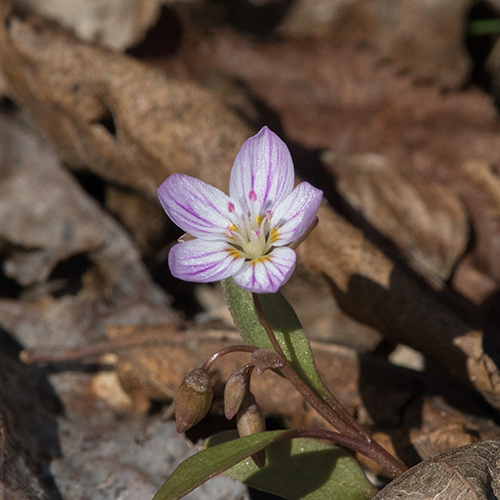
- Email : info@champlainareatrails.com
- Phone : (518) 962-2287
- Address : 6470 Main St., Suite 2 Westport, NY 12993
CONSERVATION WITH CATS
The most common way to protect land is by “conservation easement.”
A conservation easement (also known as a conservation restriction or conservation agreement) is a voluntary, legal agreement between a landowner and a land trust or government agency that permanently limits the uses of the land to protect its conservation values. It allows landowners to continue to own and use their land, sell it, or pass it on to heirs. The conservation easement limits ‘run with the land,’ meaning that the restrictions stay in place even if the land is inherited or sold.
Considerations When Deciding Whether to Use Fee Ownership or a Conservation Easement to Protect a Property
Factors Favorable to Fee Ownership
- The property contains very sensitive natural resources.
- Public use is a significant conservation objective.
- Resources on the property require intensive management.
- Surrounding lands are owned for a fee by the land trust or other conservation organizations or agencies.
Factors Favorable to Conservation Easements
- Conservation objectives include productive use.
- Private ownership is compatible with the conservation objectives.
- The land trust has the capability and finances to monitor and enforce the easement.
- Restrictions that protect the resource.
A conservation easement is just one of many options. You may also donate or sell property, donate or sell development rights, or make a bargain sale.
Resale of Land
If you need to sell your land but don’t want to see it destroyed by development, a land trust can help. Before the sale, you can work with your local land trust to place a conservation easement on the land before it goes on the market. Some land trusts can also help identify potential buyers for conserved lands.
NOTE: Because you are selling or donating the development rights, you should expect to receive less money for your land than if it were sold outright.
Donation of Land for Conservation
Donating land for conservation is one of the finest legacies a person can leave to future generations. If you donate your land, your land trust can work with you to identify the best arrangement. The land trust might retain ownership of the property as a permanent preserve or transfer the property to a suitable owner, such as a government agency. In some cases, the land is sold to a private owner, subject to a conservation easement held by the land trust. (Proceeds from such a sale could fund the land trust’s long-term management of the conservation easement and help it to protect even more land.) The total market value of land donated to a nonprofit land trust is tax deductible as a charitable gift.
Trade Lands
Trade lands are properties donated to a land trust that may or may not have significant conservation characteristics. They can be developed or not and can be residential, industrial, or commercial. These trade lands are donated to land trusts specifically to be sold (sometimes they are conserved with an easement and then sold), with the proceeds going to the land trust.
The donation can be outright or devised through a will. Some land trusts may grant a retained life estate if the property is a personal residence or farm. The proceeds from a trade land can also be used to fund a charitable remainder trust, an irrevocable trust which pays income to one or more beneficiaries — often, the donor or the donor and the donor’s spouse — for life or a term of up to 20 years. When the trust ends, the remaining assets go to the land trust. Trade land donations often have tax benefits.
Bargain Sale
In a bargain sale, you sell your land to a land trust for less than its fair market value. This makes it more affordable for the land trust and offers several benefits: it provides cash, avoids some capital gains tax, and may entitle you to a charitable income tax deduction based on the difference between the land’s fair market value and sale price.
Donation With A Lifetime Income
If you have land that you would like to protect by donating it to a land trust, but you need to receive income during your lifetime, consider a charitable gift annuity or a charitable remainder unitrust. Charitable gift annuities and charitable remainder unitrusts are most useful for highly appreciated land, the sale of which would incur high capital gains tax.
